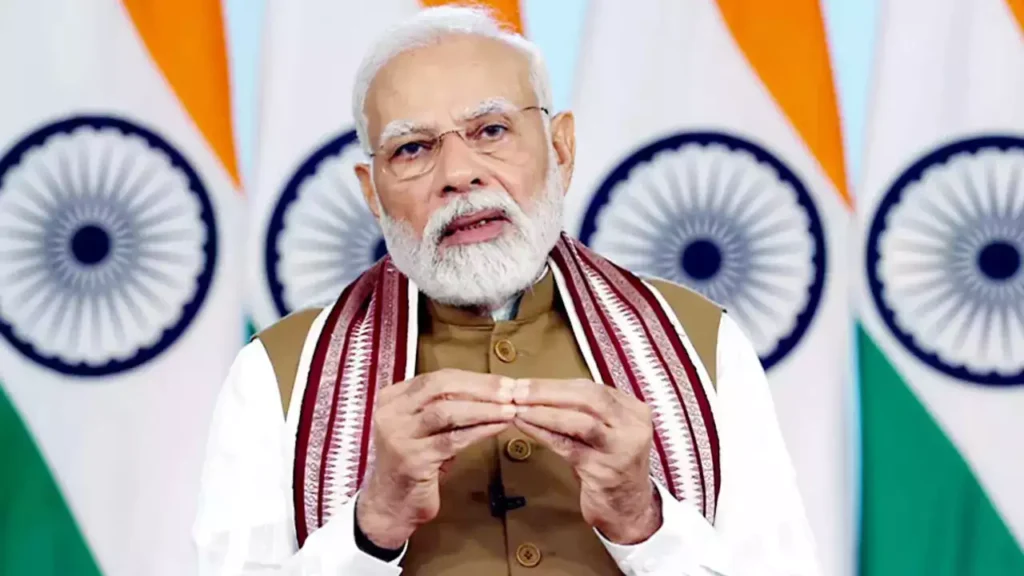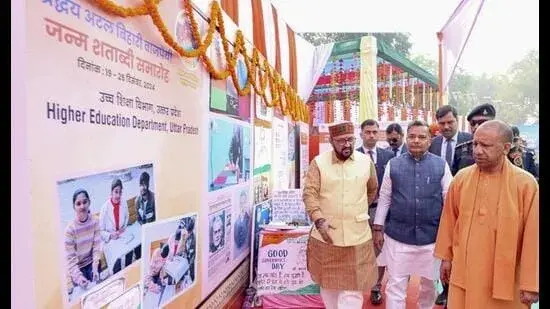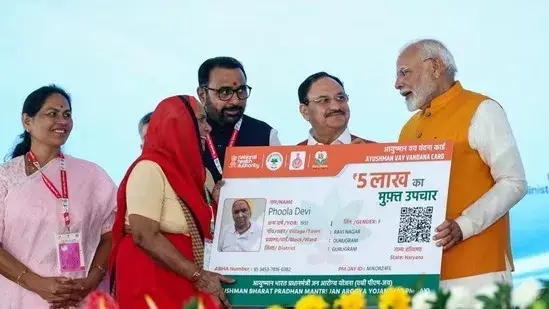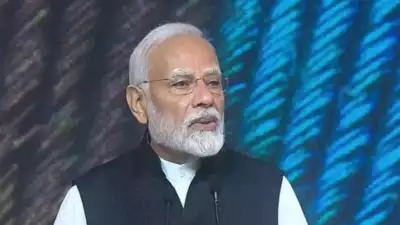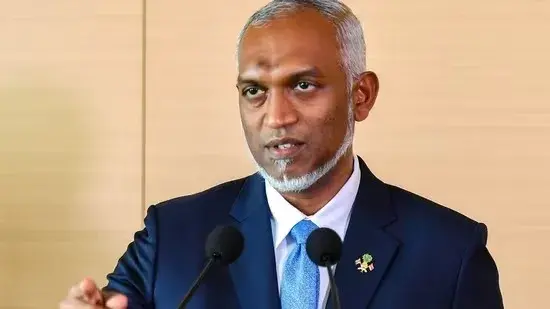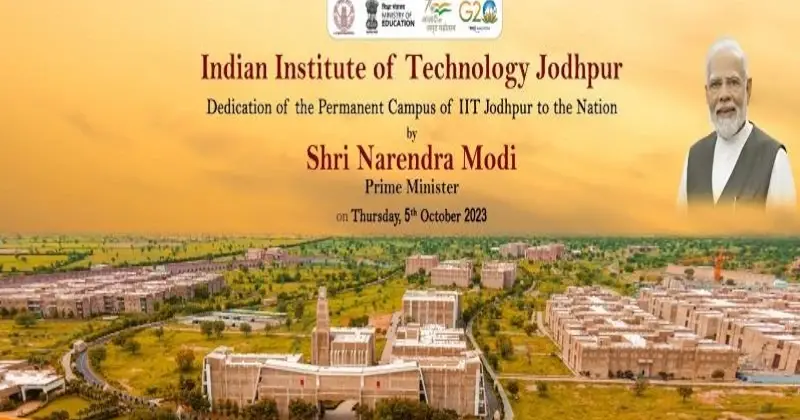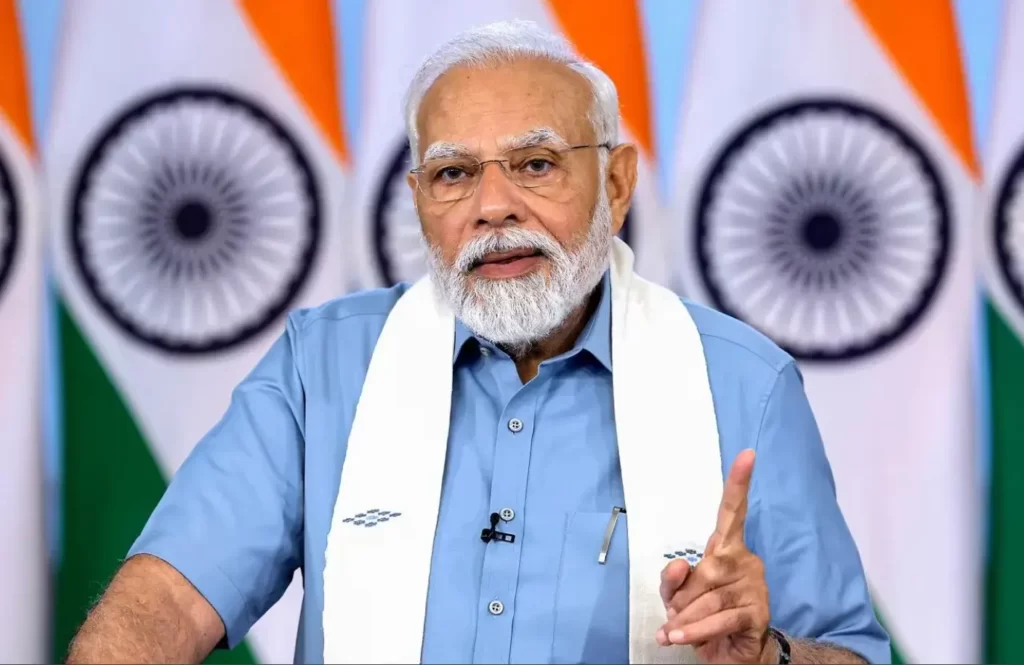PM Modi Announces Deregulation Commission to Boost Ease of Doing Business
New Delhi, February 12: Prime Minister Narendra Modi has announced the establishment of a Deregulation Commission to reduce the role of the State in governance and further promote the Ease of Doing Business. Speaking at the ET Now Global Business Summit 2025, he emphasized that his government has replaced the “Fear of Business” with pro-business policies over the past decade. Key Highlights from PM Modi’s Address: 🔹 Deregulation Commission: Aims to eliminate bureaucratic hurdles and enhance governance efficiency. 🔹 Jan Vishwas 2.0: A revised version of the Jan Vishwas Act, 2023, designed to remove archaic laws and reduce compliance burdens. 🔹 Major Reforms: GST implementation, property rights reforms under Svamitva Yojana, unlocking ₹100 lakh crore worth of rural property value through drone surveys in 300,000 villages. 🔹 India’s Global Standing: Modi highlighted India’s rising economic influence, noting its key role in global discussions at events like the AI Summit in Paris. 🔹 Economic Growth: India is currently the world’s fifth-largest economy, and Modi reiterated his commitment to making India the third-largest economy in the coming years. Criticism of Previous Governments: The PM took a swipe at past Congress-led UPA governments, stating that they implemented reforms out of compulsion, whereas his administration pursues them out of conviction. Vision for ‘Viksit Bharat’ (Developed India): PM Modi thanked the people of Odisha, Maharashtra, Haryana, and New Delhi for supporting BJP and its allies, reinforcing their commitment to accelerated development. With reforms spanning legal, economic, and governance sectors, the government is driving structural changes to boost economic growth, attract global investments, and foster innovation. Source: Hindustan Times
PM Modi Announces Deregulation Commission to Boost Ease of Doing Business Read More »

